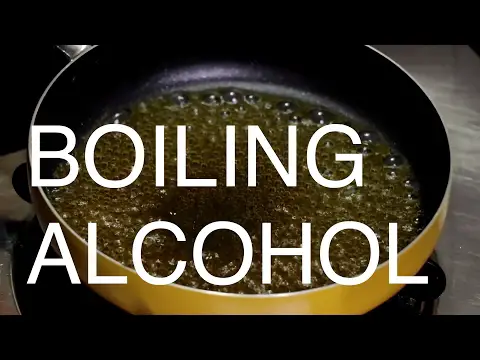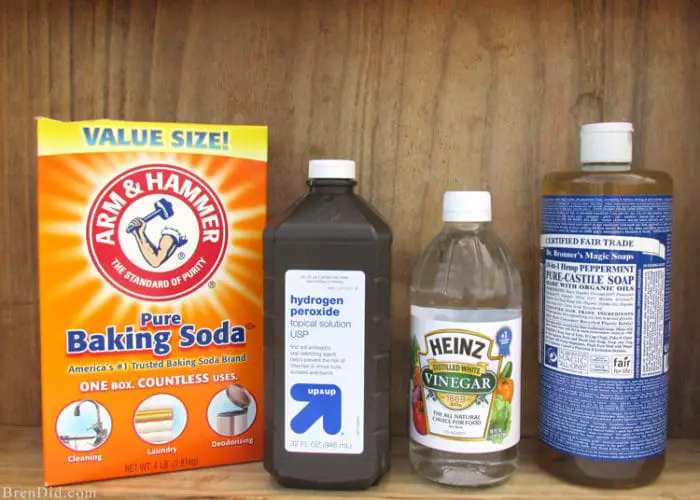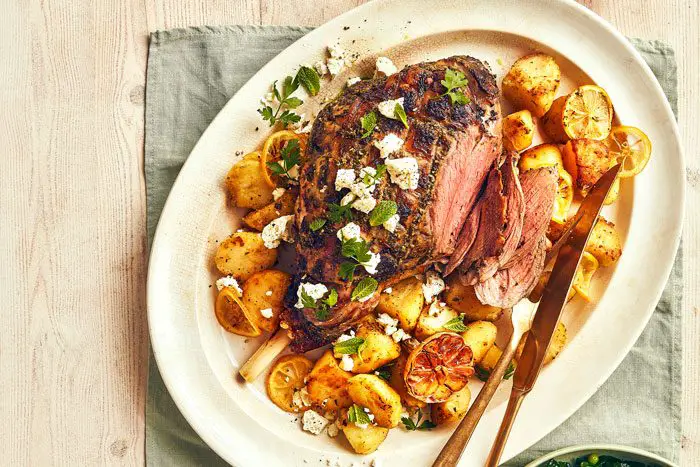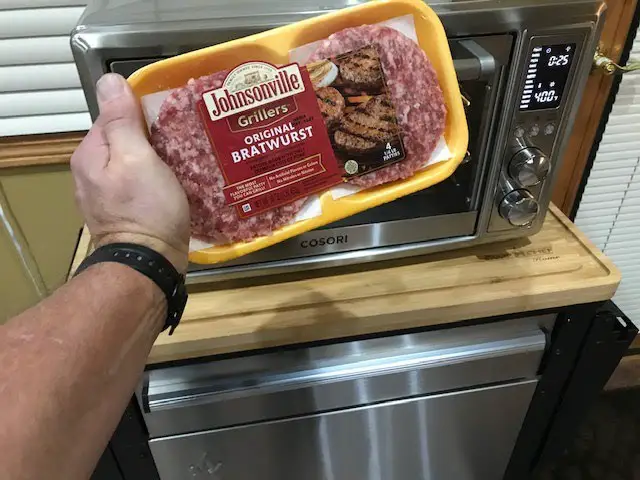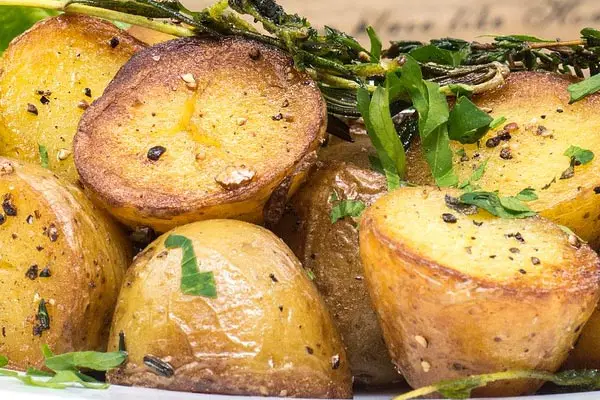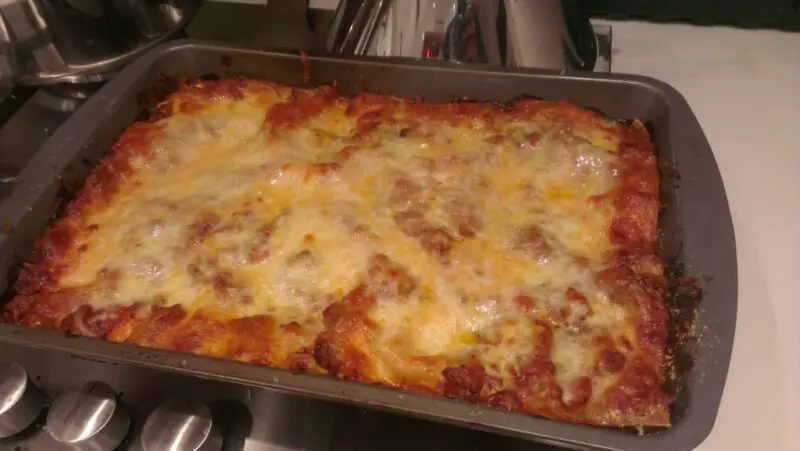As a whiskey lover, you know that the flavor and aroma of your favorite whiskey can transport you to another world. But have you ever wondered what would happen if you were to boil your whiskey? Would it enhance the flavor even further? Or would it ruin the taste altogether? Well, wonder no more because we’ve got all the answers for you. In this article, we’ll explore the fascinating science behind boiling whiskey and uncover whether heat is a friend or foe to your favorite spirit. Whether you’re a seasoned whiskey connoisseur or just curious about the complexities of the drink, read on and discover what happens when you boil whiskey. Whiskey is one of the most popular alcoholic beverages in the world. It is made from fermented and distilled grains and aged in wooden barrels. The complex flavor and aroma of whiskey make it a favorite among connoisseurs and casual drinkers alike. However, many people have wondered what would happen if they boil their whiskey. In this article, we will explore the effects of boiling on whiskey and whether or not one should do it.
##Introduction
Whiskey is a type of distilled alcoholic beverage that is made from fermented grains. The most common grains used in making whiskey are barley, corn, rye, and wheat. The process of making whiskey involves fermenting the grains, distilling the resulting liquid, and then aging the spirit in wooden barrels.
Understanding the effects of boiling on whiskey is important for anyone who wants to experiment with their drink. Boiling can alter the chemical structure of whiskey and change its flavor, aroma, and color. It is also important to understand how different types of whiskey are affected by boiling.
##What happens when you boil whiskey?
Boiling is a process that involves bringing a liquid to its boiling point so that it evaporates into steam. When you boil whiskey, you subject it to high temperatures that can cause chemical changes to its structure.
###Boiling point and alcohol percentage
The boiling point of a liquid depends on its chemical composition, pressure, and temperature. The boiling point of pure ethanol (the type of alcohol found in most spirits) is 78.4°C (173°F). However, the boiling point of whiskey varies depending on its alcohol content.
Whiskey has an alcohol content ranging from 40% to 60%. The higher the alcohol percentage, the higher the boiling point of the whiskey. For example, a whiskey with 40% alcohol content will have a boiling point of approximately 78°C (172°F), whereas a whiskey with 60% alcohol content will have a boiling point of approximately 97°C (207°F).
Different types of whiskey are affected differently by boiling. For instance, bourbons have a lower boiling point than scotch whiskeys, as they have a higher alcohol content.
###Effects on Taste
Boiling whiskey can alter its flavor profile. It changes the taste notes of the drink by oxidizing some of the compounds and creating new ones.
The heat from boiling can break down complex compounds in whiskey, resulting in a simpler and sweeter flavor. This happens because boiling causes caramelization by breaking down sugar molecules present in the whiskey resulting in a sweet, syrupy consistency to this drink.
Boiling can also reduce some of the bitter or spicy flavors that are present in whiskey by breaking down those complex compounds. It helps to make the flavors more straightforward and less nuanced.
###Effect on Aroma
The aroma of whiskey is an important part of its drinking experience. Boiling can affect the aroma of whiskey as well.
The heat from boiling can evaporate some of the lighter volatile compounds in whiskey, which contribute to its aroma. This can result in a less complex odor or even give off a slightly burnt smell.
### Effect on Color
The color of whiskey is affected by several components including melanoidins, tannins, and carotenoids present in it. These components contribute to the amber or golden-brown color of most whiskeys.
Boiling can change the color of whiskey by affecting these components. The heat from boiling can cause these components to break down resulting in darker or more opaque-looking whiskeys.
##Can you boil whiskey for cooking?
Boiled whiskey can be used for cooking depending on the dish being prepared. Some dishes require boiled whiskey for added flavor while some do not need any added flavors from whiskies depending on their recipes. Cooking using this process adds additional depth to your desired dish that will surely satisfy your palate.
When using whiskey for cooking, safety considerations must always be kept in mind. Boiling whiskey can create highly flammable vapors. Make sure to keep the flame of the stove away from the pot when boiling and other sources of open flames.
##Conclusion
Boiling whiskey can result in changes to its chemical structure, flavor profile, aroma, and color. While it is not necessary to boil your whiskey as a drinking experience, boiled whiskey has a place in cooking wherein it can add an exceptional flavor to your dish and will be enjoyed by anyone who tastes it.
If you are interested in experimenting with boiled whiskey in your cooking, always ensure you have taken adequate safety measures before starting. The effects seen after boiling whiskey are noteworthy; however, the final verdict on whether or not one should boil their whiskey is entirely up to personal preference.
Summary
Whiskey is a complex distilled spirit that can be affected by different factors, including heat. Boiling whiskey can alter its chemical structure, resulting in changes in taste, aroma, and color. The boiling point of whiskey depends on its alcohol percentage, with higher proof spirits having a higher boiling point. Different types of whiskey can also react differently to boiling. When boiled, whiskey’s flavor notes undergo changes such as increased sweetness and spice notes, reduced bitterness, and complexity. Aroma notes are also affected by boiling, as heat alters the volatile compounds that give whiskey its characteristic scent. Additionally, boiling can change the color of whiskey by altering components like melanoidins, tannins, and carotenoids. Boiled whiskey has appropriate uses in cooking and can enhance dishes’ flavors. However, safety considerations should be kept in mind due to flammability risks related to the high alcohol content in boiled whiskey. In conclusion, boiling whiskey is not recommended for drinking purposes but can be used appropriately for cooking purposes.
